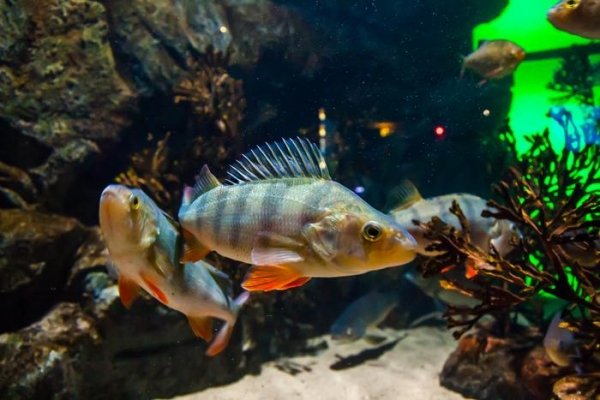Plastic made from cane sugar also threatens the environment. Researchers from the University of Gothenburg have found that perch change their behaviour when exposed to so-called bioplastic.
Traditional plastic, based on fossil oil, has flooded the earth and there is microplastic in all living things. This has led to intensive research for alternatives that decompose faster in nature. Bio-based polymers based on cane sugar are one such option. The most common bioplastic is poly-L-lactide (PLA), which is used in 3D printers, textiles, food packaging, disposable cutlery and other applications.
PLA plastic changed the behaviour of perch
Bioplastics also have a negative impact on biological life. Doctoral student Azora König Kardgar at the University of Gothenburg has found that the behaviour of small perch exposed to bioplastics in fish food changed over a period of six months. They reacted far more when they met fellow perch than normal. In addition, there were signs of reduced movement, altered ability to form shoals and altered reaction when approached by danger.
Read more at: University of Gothenburg
The behaviour of small perch exposed to bioplastics in fish food changed over a period of six months. (Photo Credit: Elenanoeva)


